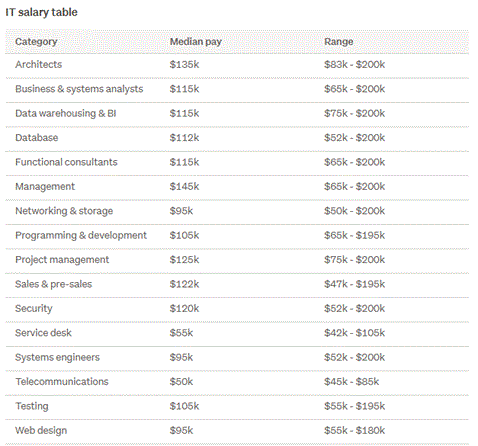2016年12月大学英语四级单词词根记忆法(七)
1.amplify V.详述;放大(声音等),增强(音量)
【记】词根记忆:ampl(大)+ify(使)--放大,增强
【例】Associated with each lecture course areseminars, tutorials and laboratory classes which drawupon, analyze, illustrate or amplify the topicspresented in the lectures.
与每堂课相关的活动有研讨会、辅导班和实验课,以利用、分析、阐述或详解课堂上提出的话题。(1997)
【派】amplifier(n.放大器,扩音器)
【辨】amplify, expand
amplify表示扩充细节,以增强或阐明事物的完整性或放大声音、增加音量等;expand表示长度、面积或体积等方面的扩张、膨胀。
2.reverse v.反转,颠倒,翻转; n.相反,相对;(硬币等的)反面,背面 adj.颠倒的,相反的;背面的
【记】词根记忆:re+vers(转)+e--相反地转--反转
【例】Ann reversed the car out of the parking space.
安把车倒出了停车位。
The advice had the reverse effect to that intended.
建议产生了与预期相反的影响。
【派】reversal(n.倒转,颠倒;挫折);reversible(adj.可反转的;可撤销的)
3.scold v.斥责,呵斥
【记】联想记忆:s+cold(冷)--语气冰冷--斥责,呵斥
【例】The boss scolded the secretary for her mistakes.
老板因为秘书犯的错误而斥责了她。
4.destine vt.命定,注定;指定
【例】The discovery of the anaesthetic power of drugs was destined to aid greatly in theprogress of medicine.
药物麻醉能力的发现注定对医学的发展有很大帮助。
【用】be destined to do sth.表示“注定做…”。
【派】destined(adj.命中注定的,预定的);destiny(n.命运,天命)
5.conceive v.设想,想出,想象;怀孕
【记】词根记忆:con(共同)+ceive(抓)--一起抓(思想)--设想
【例】When did you conceive the child? I didn't notice it.
你什么时候怀孕的?我都没注意到。
I cannot conceive why he said that.
我想不出他为什么那样说。
【用】conceive可与of组成词组,后接动名词,表示“设想出…”。
【派】conceivable(adj.可想象的;可能的)
6.lift n.电梯,升降机;免费乘车 v.提高;举起;(云等)消散
【例】lift off : The spacecraft lifted off at noon.
宇宙飞船于中午发射斗空。
7.prosecute v.对…起诉,告发;彻底进行,执行
【记】词根记忆:pro+secut(跟随)+e--跟随窥视--告发
【例】The man was prosecuted for stealing and was sent to jail.
这个人被指控犯有偷窃罪并被送进了监狱。
【派】prosecution(n.起诉,检举;执行,贯彻)
8.immediate adj.立即的,即时的;最接近的,贴近的,直接的
【记】词根记忆:im+medi(中间)+ate--没有中间人--直接的
【例】In the Philippines a ferry carrying at least 400 people has sunk after an apparentcollision with a cargo ship. There were no immediate reports of casualties.
在菲律宾,一艘载着至少400名乘客的渡船与一艘货船发生磋撞后沉没,暂时没有有关人员伤亡的报道。(1997听力)
【派】immediately[adv.立即,马上;直接地,紧接地 conj. 一经…(立即)]
9.cope v.(成功地)对付,应付
【例】The following two situations can enable us to clearly see how a positive attitude helps uscope with unpleasant things.
以下两种情况可以让我们清楚地看到积极乐观的态度如何帮助我们应付让人不开心的事情。(2003)
- 相关阅读







